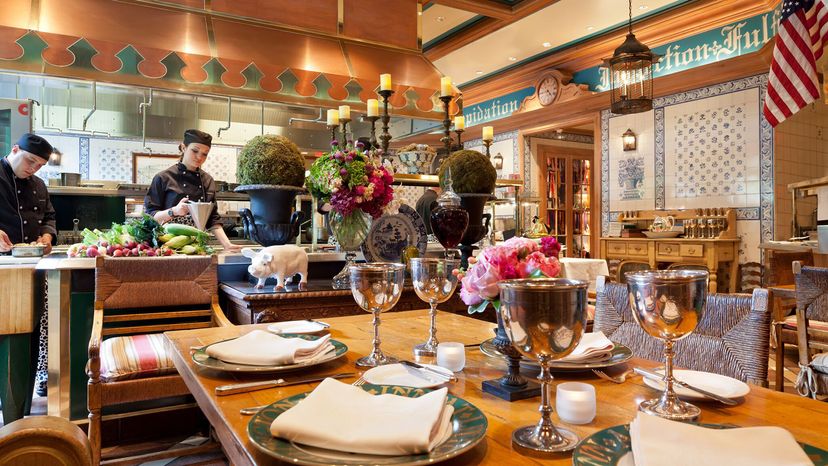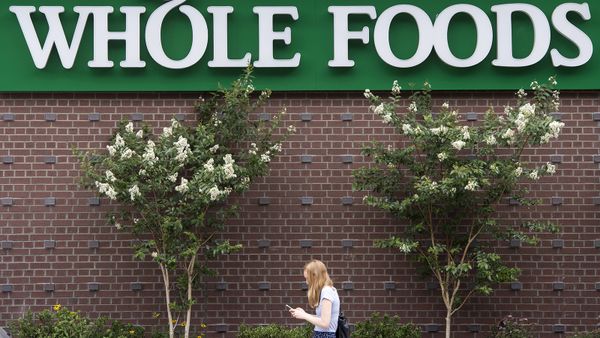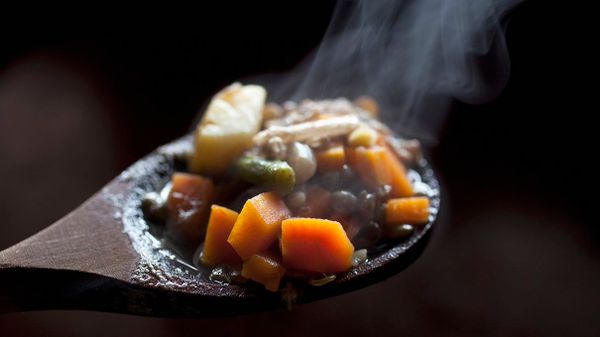
Fourteen restaurants in Washington, D.C. got coveted Michelin stars on Sept. 13, 2018, including the city's first three-starred restaurant — The Inn at Little Washington. This was part of Michelin's 2019 rollout of U.S. cities — ratings for Chicago, New York and San Francisco will follow throughout the months of September and November. But the Michelin Guide didn't start out as the iconic fine dining guide we know of today. In fact, it was originally just a promotion for a tire company.
Let's back up for a bit of history first. In 1889, Édouard and André Michelin founded their eponymous tire company in Clermont-Ferrand, France. Ten years later they introduced the famous Michelin Man mascot, whose official name is Bibendum. In Michelin's early advertisements, Bibendum was pictured with a glass in hand and the caption "nunc est bibendum," which is Latin for "now is the time to drink."
Advertisement
Around 1900, Michelin started creating and giving out free guides filled with useful information — locations of hotels, gas stations and restaurants around France — to people as a way to increase tire sales by encouraging more driving. But as the tire company became more successful, so did the guides. Eventually Michelin expanded the coverage across Europe and even began charging for the guides in 1920.
Ultimately, as the Michelin Guide gained respect in the industry, so the company introduced its first fine dining guide in 1926, and later its three-star rating system in 1931. Now the Michelin star is the one of the most coveted honors a restaurant can earn. In fact, restaurants in only four U.S. cities — Chicago, New York, San Francisco and Washington, D.C. — are even rated. The bulk of restaurants are located in Europe and Asia.
Today, inspectors (as Michelin calls them) are anonymous and pay for their meals to maintain credibility. They judge their experience based on the following:
- Quality of the products
- Mastery of flavor and cooking techniques
- The personality of the chef in his cuisine
- Value for money
- Consistency between visits
Michelin acknowledges that the inspector job isn't quite as glamorous as it sounds, and that the Michelin Guide isn't considered a source of profit for the company, but it is, nevertheless, an important part of the Michelin brand.
So what does it take for a restaurant and chef to earn a prestigious Michelin star (or three)? "Cooking involves craftsmanship and a human touch," Lam Ming Kin, chef/owner of one-Michelin-starred Longtail in Taipei, Taiwan, told a panel at the annual Michelin Guide Singapore Trade Seminar in August 2018, at the Regent Singapore. "There is no fast solution. You need to spend time with your cooks and train them step by step."
Advertisement


